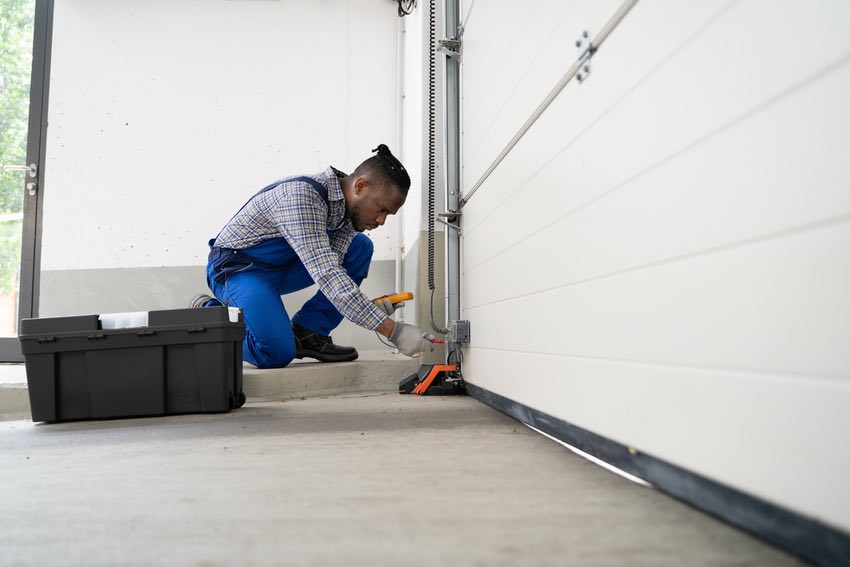Choosing the right flooring for your home or office is a significant decision that can impact the overall aesthetics, comfort, and functionality of the space. Two popular options that often pique the interest of homeowners and businesses are vinyl and laminate flooring. While both have their merits, they differ in various aspects. In this blog post, we will delve into the key differences between vinyl and laminate flooring to help you make an informed choice that best suits your needs.
Composition and Material:
The primary difference between vinyl and laminate flooring lies in their composition. Vinyl flooring is made from synthetic materials like polyvinyl chloride (PVC), which gives it exceptional water resistance. On the other hand, laminate flooring consists of multiple layers of wood composite materials topped with a high-resolution image of wood, stone, or tile, covered by a protective wear layer.
Water Resistance:
When it comes to water resistance, vinyl flooring takes the lead. Vinyl’s waterproof properties make it an excellent choice for areas prone to moisture, such as bathrooms, kitchens, and basements. Laminate flooring, while relatively water-resistant, is not entirely waterproof and can suffer damage from prolonged exposure to water.
Durability and Lifespan:
Laminate flooring is highly durable and can withstand moderate foot traffic, making it suitable for most residential and light commercial spaces. However, vinyl flooring is even more resilient, capable of handling heavy foot traffic and enduring the wear and tear of busy areas. When properly maintained, both types of flooring can have a lifespan of 10 to 20 years or more.
Installation:
Both vinyl and laminate flooring offer straightforward installation processes, often utilizing click-and-lock or peel-and-stick mechanisms. Laminate flooring typically requires an underlayment for added stability and sound reduction. However, vinyl flooring has an edge in installation ease due to its flexibility and ability to conform to irregular subfloors.
Comfort and Sound Absorption:
Vinyl flooring tends to be softer and more forgiving underfoot, providing a more comfortable feel, especially for long periods of standing. It also boasts better sound absorption properties compared to laminate flooring, which can produce a slight hollow sound when walked on.
Appearance and Design Options:
When it comes to aesthetics, both vinyl and laminate flooring have come a long way in mimicking the look of natural materials. Laminate offers an authentic wood or stone appearance, with a wide range of finishes and textures to choose from. Vinyl flooring, on the other hand, can replicate the appearance of various materials convincingly, including wood, stone, and tile, often with impressive realism.
Price Range:
In terms of cost, laminate flooring tends to be more budget-friendly compared to vinyl flooring. While vinyl offers superior water resistance and durability, laminate provides an affordable option for those seeking a similar look without breaking the bank.
Conclusion:
In the vinyl vs. laminate flooring debate, both options have their strengths and cater to different needs. Vinyl flooring excels in areas that require robust water resistance and durability, making it an ideal choice for bathrooms, kitchens, and high-traffic spaces. On the other hand, laminate flooring is an excellent cost-effective alternative, providing a plethora of design options that closely mimic the appearance of natural materials.
Ultimately, the decision between vinyl and laminate flooring depends on your specific requirements, budget, and the unique needs of the space you’re renovating or decorating. Consider factors such as water resistance, durability, comfort, installation ease, and design options to choose the flooring that will elevate your space and stand the test of time. Consult with a flooring specialist or visit a reputable showroom to explore both options firsthand before making your final decision. With careful consideration, you’ll find the perfect flooring that perfectly complements your style and enhances your living or working environment for years to come.



